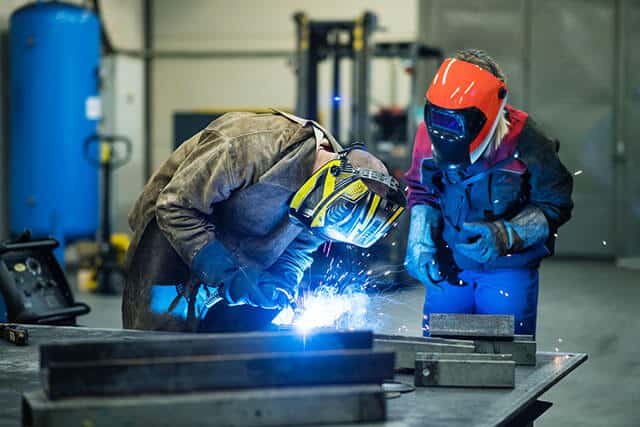Navigating the Shift of Nearshoring to Mexico
11.30.23The current state of manufacturing has shown China is no longer the attractive location it once was. In decades past, its cheap labor costs and quick production times made it advantageous for U.S. operators. However, the past few years have highlighted many of the persistent issues with outsourcing to China, leaving many to consider nearshoring to Mexico as an alternative.
Reasons for the Shift to Mexico
U.S. and other foreign manufacturers have faced problems with China regarding intellectual property theft and dwindling supply chains. Additionally, labor and transportation costs have risen to a point where they no longer offset the inconvenient logistics.
Alternatively, the proximity between the U.S. and Mexico is one of the most appealing factors for U.S manufacturers. There is also a solid infrastructure in place, as well as an industrial workforce, who is trained to work across a variety of sectors and roles. And, with the availability of global suppliers and speedier delivery times, the benefits continue to add up.
It will be particularly easier for sectors that already have a strong presence in Mexico to make the transition, such as automotive, aerospace, and medical device manufacturing, among others. Continual foreign direct investment and the historic success of manufacturing in Mexico also show the country can handle a large volume of goods similar to China.
Plus, the trade agreement between the U.S., Mexico, and Canada adds further motivation for U.S. operators to reshore production closer to home. Among the many provisions under the USMCA include a required amount of automotive content to be produced in North America, as well as stronger enforcement of intellectual property protection.
Partnering with a Mexico Shelter Company
Though shifting production from China to Mexico likely presents a new learning curve for business leaders, many rely on a partnership with a Mexico shelter company to reduce risk and liability and save on labor, transportation, and permitting costs when making the transition.
Shelter services in Mexico include all the administrative departments and tasks necessary to launch production. These include site selection, recruiting and hiring employees, tax and trade compliance, and HR and accounting. With the help of a Mexico shelter company, manufacturers can expect to launch production in as little as three to four months versus the six to seven months it takes as a standalone entity. Shelter services also frees up time for manufacturers to focus solely on production while maintaining control over all processes and equipment.
The industrial shift from China to Mexico has happened slowly but steadily over the past few years, and as more production is planned for 2024 and beyond, China will change from being the global export hub it once was. And, for those focused on the U.S. market, it provides greater opportunity to grow at a cost-effective rate.
Having the support of a local shelter company to guide manufacturers through the process saves on time and costs, while adhering to production timelines.
